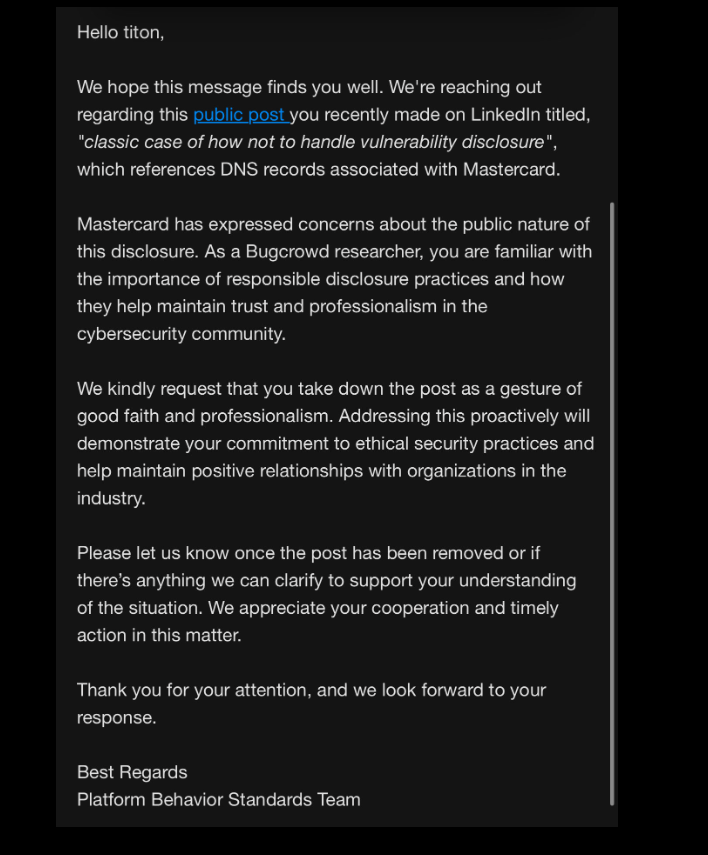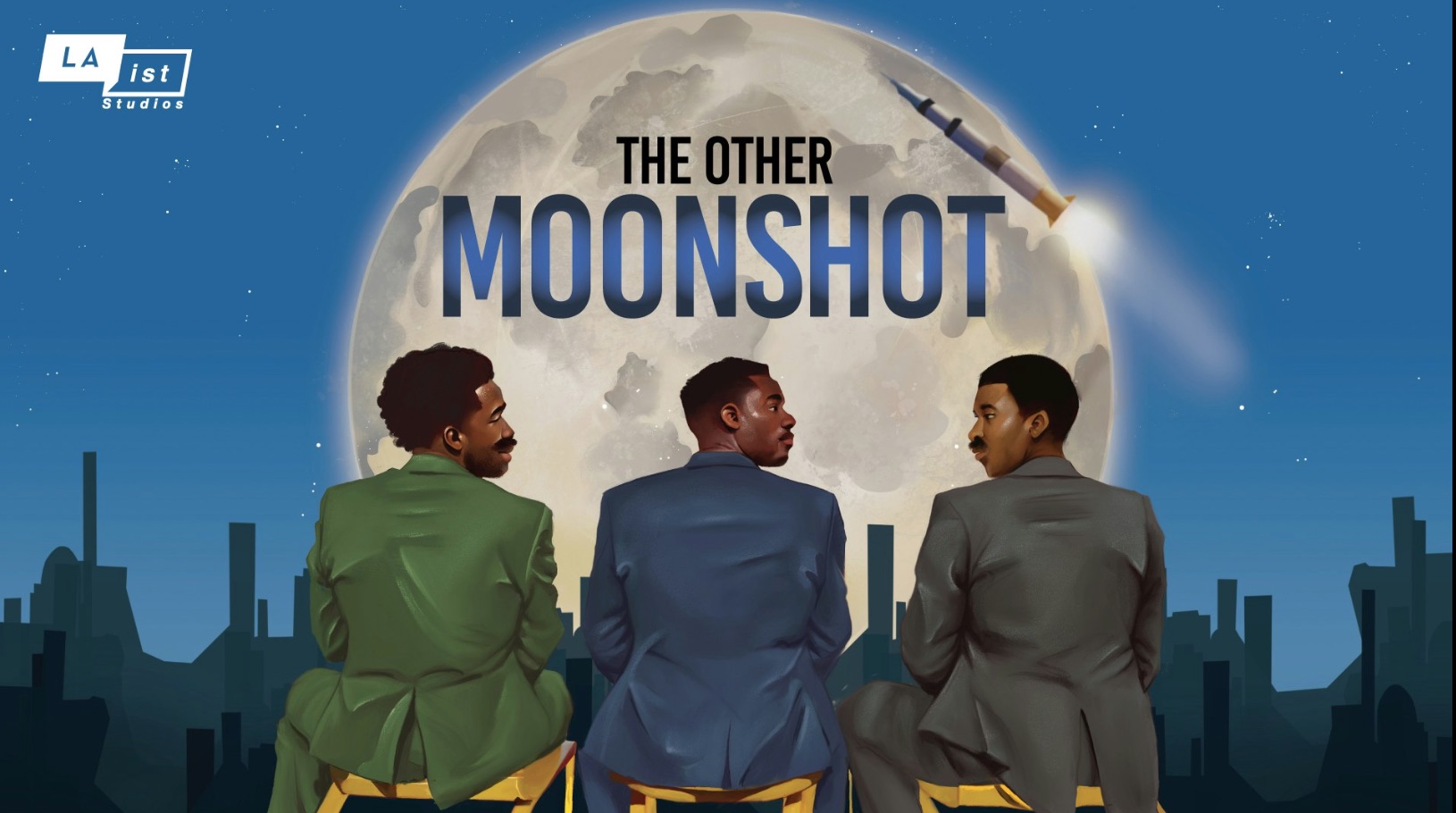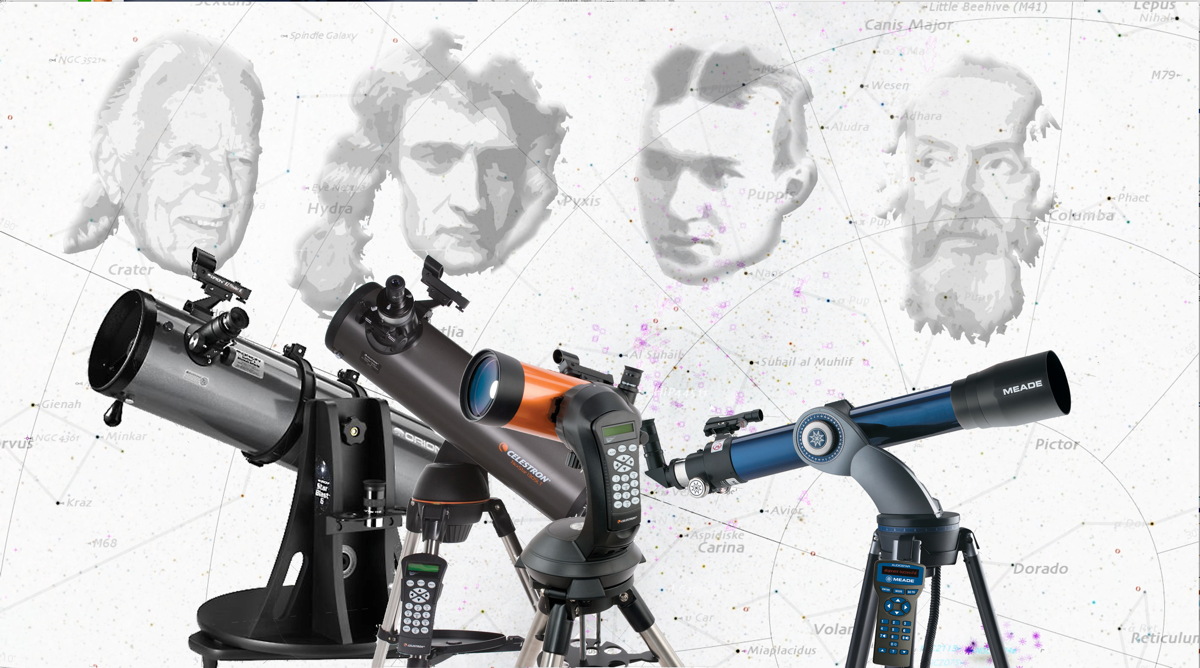How AI is redefining the way we explore the world
AI is no longer just a buzzword; it’s a force reshaping every aspect of travel. It isn’t just changing how we travel. It’s changing how we imagine travel. The article How AI is redefining the way we explore the world first appeared in TravelDailyNews International.


Artificial intelligence (AI) is no longer the stuff of science fiction; it’s here, it’s evolving, and it has the potential to alter the travel industry in ways we’re only beginning to grasp. From curating personalized itineraries to streamlining how we book our trips, AI is changing how people plan – and experience – their travel.
Here’s how AI is shaping travel today, and what lies ahead in 2025.
The Traveler’s New Best Friend
AI is becoming a reflex that we’ll use more and more. It’s like asking a friend, ‘What should I do in Paris this weekend with my family?’ – except now, the answer comes from a machine that somehow knows you as well as your friend does.
That’s the promise of AI: instantaneous, personalized answers to questions that would once have required hours of research. Tools like ChatGPT, Perplexity.ai, or dedicated travel applications like MindTrip, GuideGeek or Layla are already stepping into the role of virtual agents, providing travelers with curated options based on their preferences or prompts.
For companies in the travel and hospitality industry, this shift represents both an opportunity and a challenge. A recent survey from Amadeus found that almost 50% of its customers are planning to prioritise generative AI through 2025. One great example for inspiration comes from TripAdvisor, which is using generative AI to help build itineraries for trips. It’s also expected that a new AI Assistant from tech company Anthropic called Claude.ai, could soon be able to book your entire holiday for you.
In an AI-driven world, visibility is key. If you’re not showing up in the results, you’re invisible – and even worse, potentially forgotten. To thrive, businesses must rethink how they position themselves, ensuring their offerings are not only accessible but also prioritized by AI-driven platforms. So, it’s fair to say that Generative Engine Optimization, or GEO, is set to become an essential strategy for companies. While in its infancy, GEO will shift focus away from keyword strategies, as the context, relevance and newness of information will become more important for AI-generated responses.
Making Travel Personal Again
One of AI’s greatest strengths is its ability to tailor experiences to individual preferences. Consider this: a traveler searches for a warm, family-friendly, and safe destination within a four-hour flight with no connections. AI can instantly pull together options that meet these criteria, while also factoring in historical data like the traveler’s preference for boutique hotels or outdoor adventures. This is the power of personalization, and it’s redefining how we plan trips.
In the insurance space, Artificial intelligence is creating new possibilities. Instead of always looking at what could go wrong and reacting to what does go wrong, we can guide people to make choices that reduce the chance of something going wrong in the first place. By analyzing traveler data, insurers could one day steer customers toward destinations with better safety records, more reliable weather, and smoother logistics. This creates a win-win for the traveler and the insurer.
Retaining the Human Touch
With AI handling much of the heavy lifting, one might wonder: is there still a place for the human touch in travel? The short answer is yes – but it’s evolving.
While AI can streamline everything from check-ins to itinerary planning, certain moments demand human intervention. For example, when everything goes wrong – your phone is dead, your wallet is gone, and you don’t speak the local language – who do you trust? These scenarios underscore the need for a hybrid approach, where technology and human support coexist to provide a seamless experience.
Technology can’t solve some of life’s most common mishaps, however. Losing a phone, a credit card, or access to key documents can throw a trip into chaos, no matter how advanced AI becomes.
Challenges and Risks
Of course, integrating AI into travel isn’t without its challenges. Data security and misinformation remain pressing concerns. Travelers need to trust the recommendations they receive, and companies must ensure that trust isn’t misplaced.
How do I know I can trust the various AI tools?
How do I even fact-check what they’re telling me?
Once I’ve identified a desirable trip, how will the booking process work?
These are valid questions in an era where AI pulls information from countless sources, some of which may be unreliable or outdated. Building transparency into AI systems will be critical as the technology continues to evolve, and we are already seeing AI models starting to add functionality to provide more detail on where information is being sourced.
AI is no longer just a buzzword; it’s a force reshaping every aspect of travel. From planning to problem-solving, it’s making journeys more accessible, personalized, and efficient. But as we embrace these advancements, we must also navigate their complexities, ensuring that technology enhances – not replaces – the human experience.
As we move into 2025, one thing is certain: AI isn’t just changing how we travel. It’s changing how we imagine travel. And in doing so, it’s opening up a world of possibilities.
The article How AI is redefining the way we explore the world first appeared in TravelDailyNews International.
What's Your Reaction?



























_Brain_light_Alamy.jpg?#)











![AI in elementary and middle schools [NAESP]](https://dangerouslyirrelevant.org/wp-content/uploads/2025/01/NAESP-Logo-Square-1.jpg)






































